When we think about our health, oral health often takes a backseat to other concerns. However, the health of your mouth has a profound impact on your overall well-being. Research shows strong connections between oral health and various systemic conditions. Maintaining good oral health can positively influence your overall health. Taking care of your oral health is not just about having a bright smile; it’s essential for your overall well-being.

The Oral-Systemic Link
Your mouth serves as a gateway to your body. Therefore, the health of your mouth can influence the health of other systems. There are some key ways in which oral health and overall health are connected.
Heart Health
Researchers associate poor oral health, specifically gum disease, with an increased risk of cardiovascular disease, including heart attacks and strokes. The bacteria from gum disease can enter the bloodstream, causing inflammation and potentially contributing to the development of heart problems.
Diabetes
Diabetes and gum disease have a bidirectional relationship. This means that individuals with diabetes are more susceptible to gum disease. Conversely, gum disease can make it challenging to control blood sugar levels, leading to complications in diabetes management.
Respiratory Health
It is possible to inhale bacteria into the lungs through the mouth. This can potentially cause respiratory infections like pneumonia. Maintaining good oral health can help reduce the risk of respiratory issues.
Pregnancy
Pregnant women with gum disease may have an increased risk of preterm birth and low birth weight. The inflammation and infection associated with gum disease can potentially affect the developing baby.
Digestive System
Digestion starts in the mouth. Poor oral health, such as missing teeth or gum disease, can impact chewing and proper breakdown of food, leading to digestive issues and malnutrition.
Bone Health
Oral health is closely linked to bone health. Conditions like periodontal disease can cause bone loss in the jaw. This can compromise the support for teeth and lead to tooth loss.
Maintaining Good Oral Health for Overall Well-being
You can do many things daily to improve your oral health and overall wellness.
You should brush your teeth at least twice a day using a soft-bristled toothbrush and fluoride toothpaste. Additionally, you must clean between your teeth with floss or interdental brushes to remove plaque and food particles.
Schedule regular dental check-ups to ensure early detection and treatment of oral health issues. Your dentist will perform thorough examinations, clean your teeth, and provide personalized advice on maintaining optimal oral health.
A well-balanced diet rich in fruits, vegetables, whole grains, and lean proteins contributes to good oral health. Avoid excessive consumption of sugary and acidic foods and beverages, as they can increase the risk of tooth decay and gum disease.
Tobacco use, including smoking and smokeless tobacco, harms oral health. It can also increase the risk of oral cancer, gum disease, and tooth loss. Limit alcohol consumption, as excessive alcohol can contribute to gum disease and oral cancer.
Stress can impact your oral health, as it can lead to teeth grinding, jaw clenching, and poor oral hygiene habits. Find healthy ways to manage stress, such as exercise, meditation, or engaging in hobbies.
